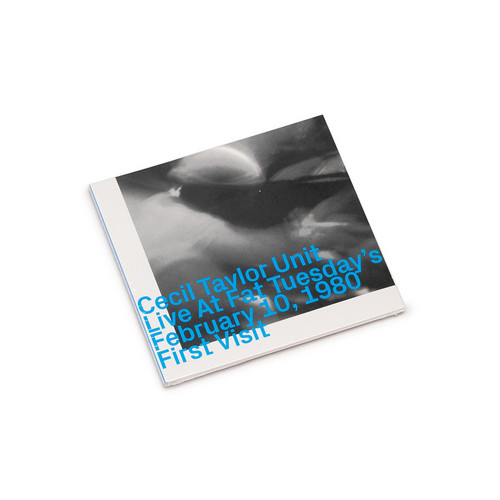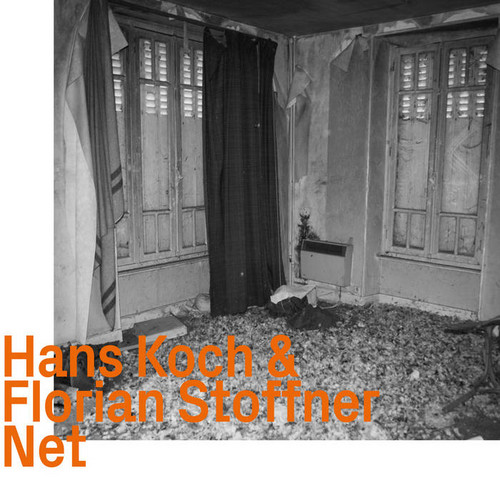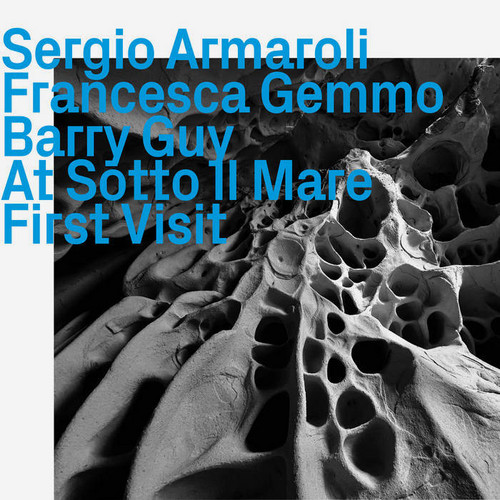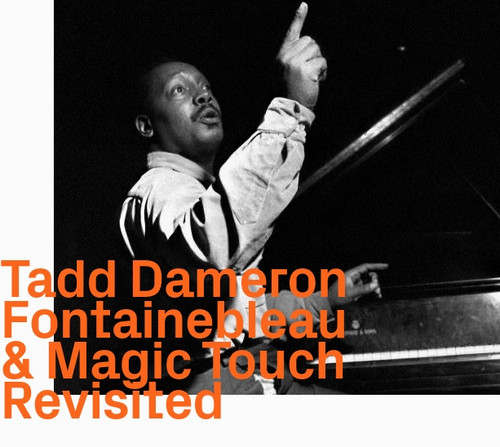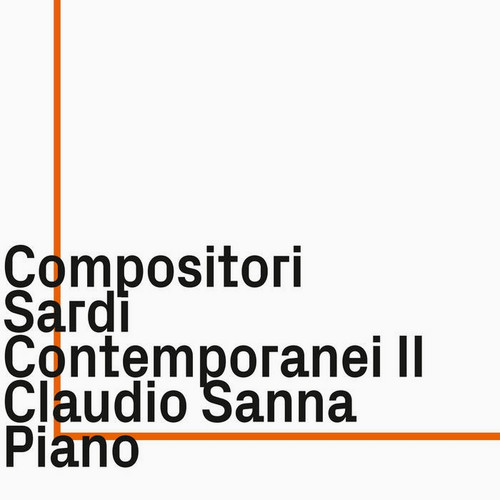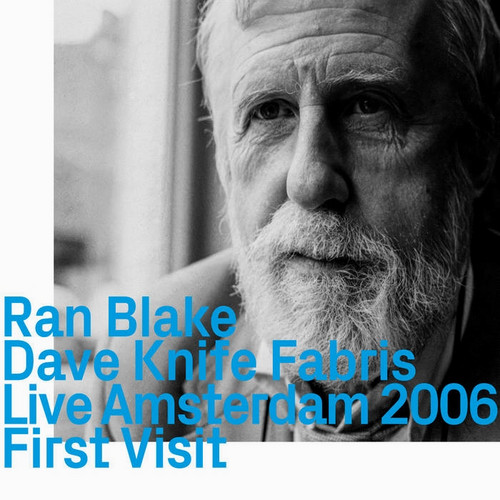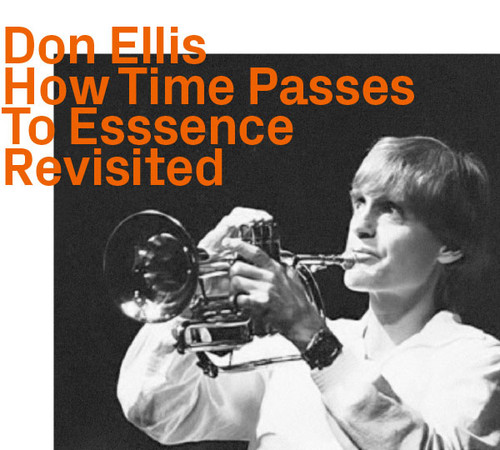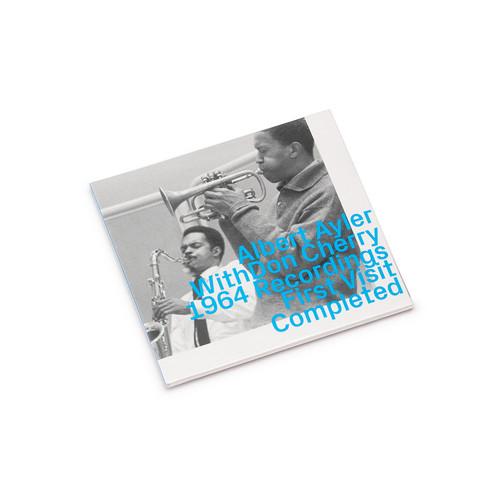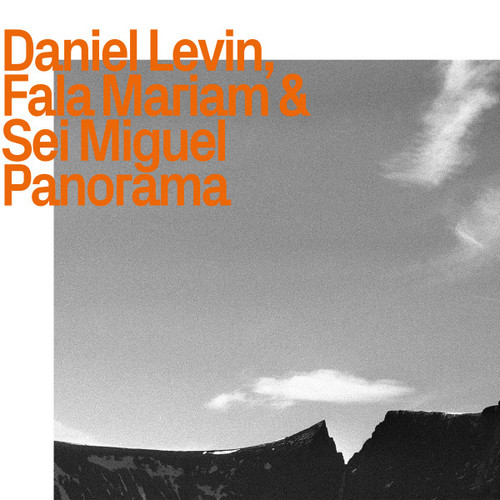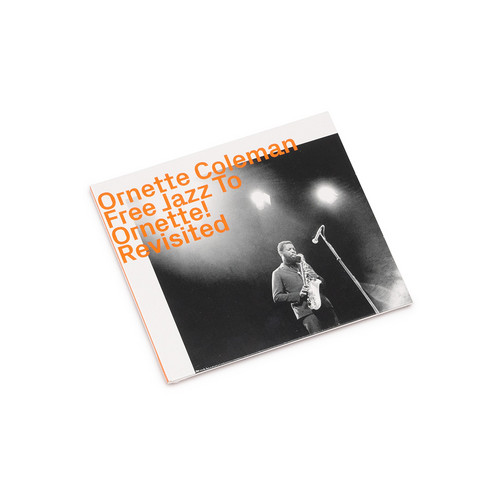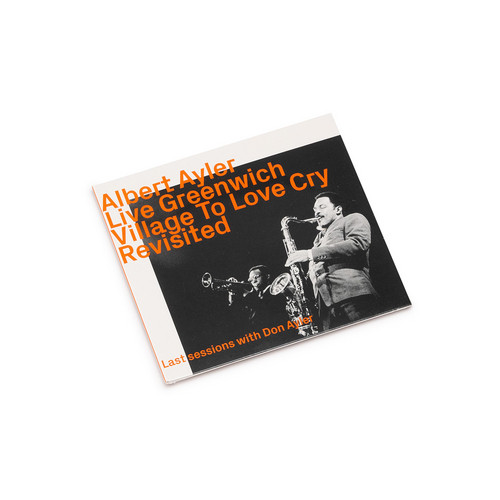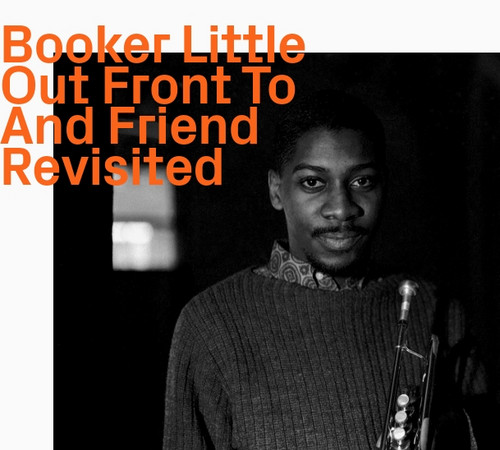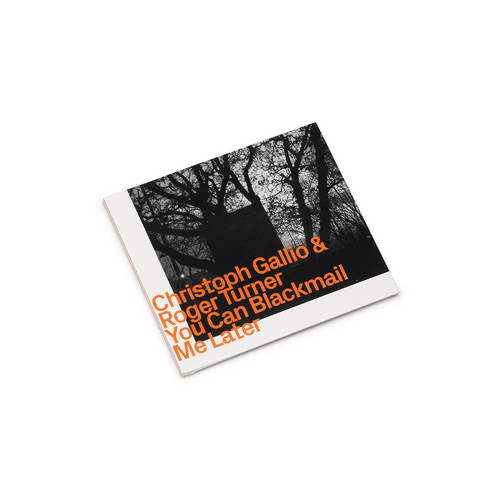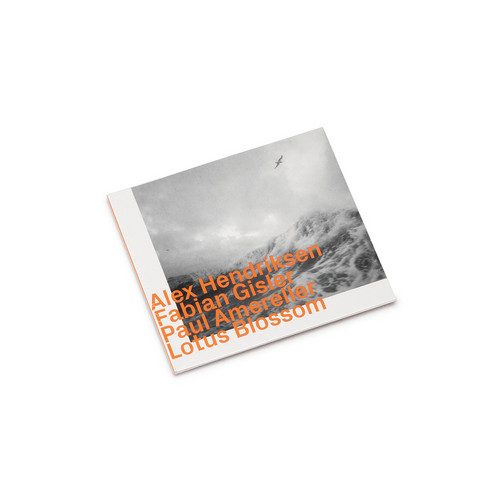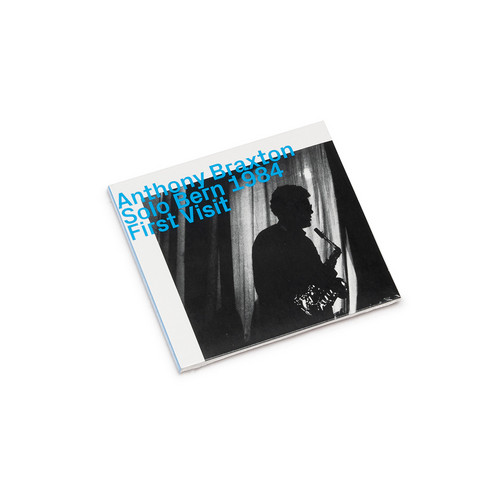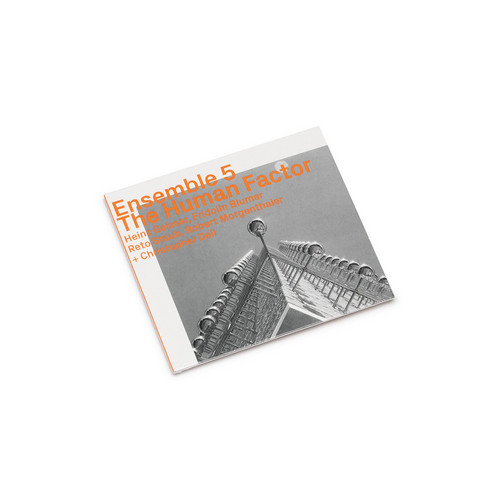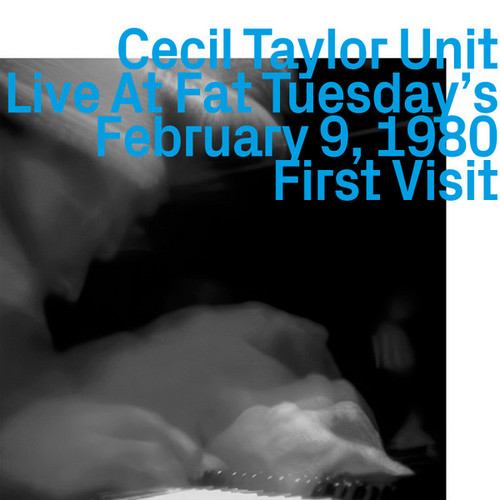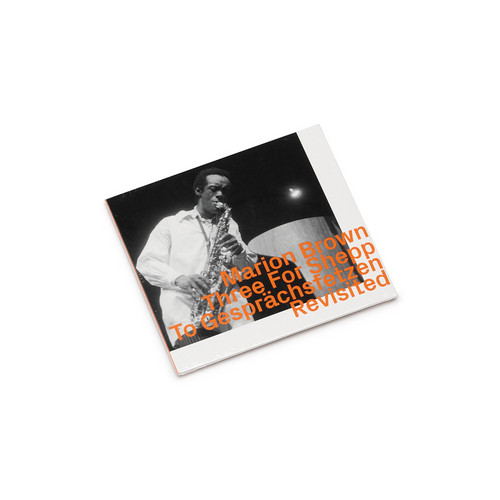★ezz-thetics
Cecil Taylor Unit, Live At Fat Tuesday's February 10, 1980 First Visit
"This, the third release from the sequence of remarkable performances by Cecil Taylor’s Unit recorded at Fat. Tuesday’s in New York from 8-10 February 1980 (the previous two are It Is In the Brewing Luminous [Hat Hut], and Live At Fat Tuesday’s, February 9, 1980 [ezz-thetics 101]), is a further illumination of the transformational premise which conceptualized and catalyzed Taylor’s music, from creative impulse to spiritual and self-defining fulfillment." – Art Lange
Net
"Would the following advice alone be sufficient? Look at the cover of this album, then close your eyes and listen to the wonderful performances of these two musicians. Because in the end, all art speaks for itself." – Rudolf Amstutz
At Sotto Il Mare, First Visit
"No music making can be entirely non-idiomatic. Removing the metaphor, the claim is that it is characterless, without personality. But despite his best intentions, perhaps, one can hear a range of influences in Bailey’s own work – even if jazz isn't one of them. And the present album shows that "non-idiomatic" is the wrong description for much free improvisation. The common description "abstract" is also misleading. All music is abstract in form, humane in utterance." – Andy Hamilton
Fontainebleau & Magic Touch "Revisited"
"Tadd Dameron remains better known and more widely admired among fellow musicians than with the record-buying public, and yet most will know at least some of his sophisticated compositions: “Lady Bird”, “On A Misty Night”, “If You Could See Me Now”. A thoughtful manner and an early death conspired to keep his reputation somewhat subdued. Here is an opportunity to hear two of Dameron's best recordings in modern sound. An intelligent rather than dramatic player himself, he nonetheless deserves…
Compositori Sardi Contemporanei II
"Today’s wine tasting is once again hosted by sommelier Claudio Sanna. He presents more local Sardinian varieties with a round of flights, much like the 2022 release Compositori Sardi Contemporanei. Instead of grape cultivars and vintner, Sanna presents multiple composers and performers for you to sample, not with your tongue but your ears. Just like a wine tasting experience, these tracks are a sample of the rich and fertile Sardinian landscape of creative musicians." – Mark Corroto
Live Amsterdam 2006, First Visit
To experience this music, over the relocations of time and place, is an opportunity to confront complex truths and seductive mysteries, discover the poetry in sound, and share a rare “ecstatic instant.” – Art Lange
Ran Blake pianoDave Knife Fabris electric guitar (tracks 11-18)
How Time Passes To Essence "Revisited"
"...How Time Passes... and Essence were issued at a time when jazz history was being made practically on a monthly basis. There are a few reasons why they became submerged in the tsunami of groundbreaking albums released in the first years of the 1960s. For starters, Candid and Pacific Jazz simply did not have the market clout of Atlantic, Impulse, and other labels. Furthermore, Don Ellis’ music differed significantly from that of the avatars of free jazz, occupying a space between contemporar…
Kon.Takte
"Kontakte makes contacts between acoustic instrumental sounds and electronic music, its multidimensionality and its invitation to time travel, all promised a future in which humanity might transcend the limitations of material reality. In Spiegelung and Geschichte der Gewalt the electronic sounds emerge as transformations of this reality." – Christopher Fox
1964 Recordings
"A long life can contain a certain amount of waste. Live long enough and posterity doesn’t notice the occasional unproductive gap. A short life adds value to every moment and every creative act. This new issue of Albert Ayler’s brief association with Don Cherry includes further material from their time in Copenhagen, a period when the saxophonist daily reinvented the themes that were coursing through his mind, breath and fingers. These are not a collector’s fetishes. These are fresh document…
Panorama
"Given their distinct backgrounds and individualistic sense of creative process, it’s not surprising to discover that the sounds Levin, Mariam and Miguel generate do not fall into common improv tactics, stylistic clichés, or the isolation of chance. There are individual characteristics that affect our perception of the flow, cessation, and singularity of events heard here, and serve to identify and intensify the moment." – Art Lange
Live at Jazz Festival Willisau 2023, First Visit
“We are in the business of transformation, applying our knowledge of improvising together for twenty-five years, interwoven with our resonance with these melodies and forms. We have found our collective way with honouring what these pieces express to us, through our personal language, comments Gerry Hemingway.” He agrees that there's a concept of authenticity”. “The feeling of swing is our own, but shaped by the pieces we are playing”. Authenticity is acquired through assimilating traditions, an…
Free Jazz to Ornette „Revisited“
Free Jazz: A Collective Improvisation is an album by the jazz saxophonist and composer Ornette Coleman. It was released through Atlantic Records in September 1961: the fourth of Coleman's six albums for the label. Its title named the then-nascent free jazz movement.
About Ornette! Brian Olewnick commented that Coleman is found "plumbing his quartet music to ever greater heights of richness and creativity," concluding that the album was "a superb release and a must for all fans of Coleman and cr…
Live Greenwich Village To Love Cry „Revisited“
"The two reissues presented herein include the last sessions that Donald would record with his brother, bookending a turning point in Ayler’s music. The Village Theater sessions, from late 1966 and early 1967 (the latter without Donald) mark, arguably, a high point in his work to that date, where the musical ecstasy he sought was as close to realization as he ever achieved – and new avenues may have been opening up – whereas ‘Love Cry’, from the summer of 1967, indicates at least partially a piv…
Out Front To And Friends „Revisited"
"The material on From Out Front To Booker Little And Friend Revisited is Little’s collective chef d’oeuvre. It is exploratory but also strewn with retentions from tradition. The dense yet sonorous dissonance, the graceful tempo and metre shifts, the extended forms that give equal weight to composed and improvised sections, together these „alter the present“ and „direct the past“." – Chris May
You Can Blackmail Me Later
"It is not easy to find a description of what constitutes “the art of the duo” in jazz or improvised music. Suffice to say that any credible description would have to encompass the duo of Gallio and Turner, their approaches to playing together and the contents of You Can Blackmail Me Later." - John Eyles
Lotus Blossom
"To me, these guys sound as if they have a story to tell and enough confidence to believe that they can tell and retell the old stories in new and exciting ways. Hendriksen and Gisler have formed together on this kind of thing, but if it remains true in jazz that rhythm and the percussionist are at the heart of every new step forward, then Paul Amereller’s role in the trio is crucial. No one will mistake him for anything but a contemporary, but he plays in full knowledge of the history of the mu…
Solo Bern 1984, First Visit
"In its entirety, the concert is lively and penetrating evidence of Braxton’s remarkable facility, powers of invention, and commitment to his principles at this point in time, with special emphasis on saxophone techniques energizing variables of tone color, texture, and timbre to affect separate phrases, extended lines, and sectional contrasts." – Art Lange
Producer’s note: "I experienced over many years Anthony Braxton different performances. His solo performance 1984 in Bern belongs into the …
The Human Factor
"It is a message, and you will hear it sounding firmly through the various pieces that make up The Human Factor, that tells us much about how we might live together: sharing, giving way, simple giving, lifting up, helping ... above all, listening ..." - Brian Morton
Live At Fat Tuesday's, February 9, 1980 First Visit
First visit archive offers previously unreleased recordings of historic and musical importance. "When, in this music, he succeeds in fusing the emotional (translated into its lyrical and dramatic qualities) pas- sage of ritual with the complex architecture of his ensemble’s infrastructural procedures, we have a bridge into Cecil Taylor’s creative spirit, and far beyond." - Art Lange
"I was present at the recordings, sitting in the recording truck in front of Fat Tuesday’s in NYC. The recording w…
Three For Shepp to Gesprächsfetzen „Revisited“
"Marion Brown was already defying categorisation in 1966 when he recorded Three For Shepp, whose six tracks open Three For Shepp To Gespächsfetzen Revisited. Brown’s opening “New Blues” and Archie Shepp’s closing “Delicado,” though compelling,are relatively orthodox expressions of mid 1960s NewThing. The four tracks they bookend, however, are distinctive even today. Brown’s exquisite “Fortunato,” though it sounds like nothing Pharoah Sanders ever wrote, inhabits similarly pretty terrain as Sand…
